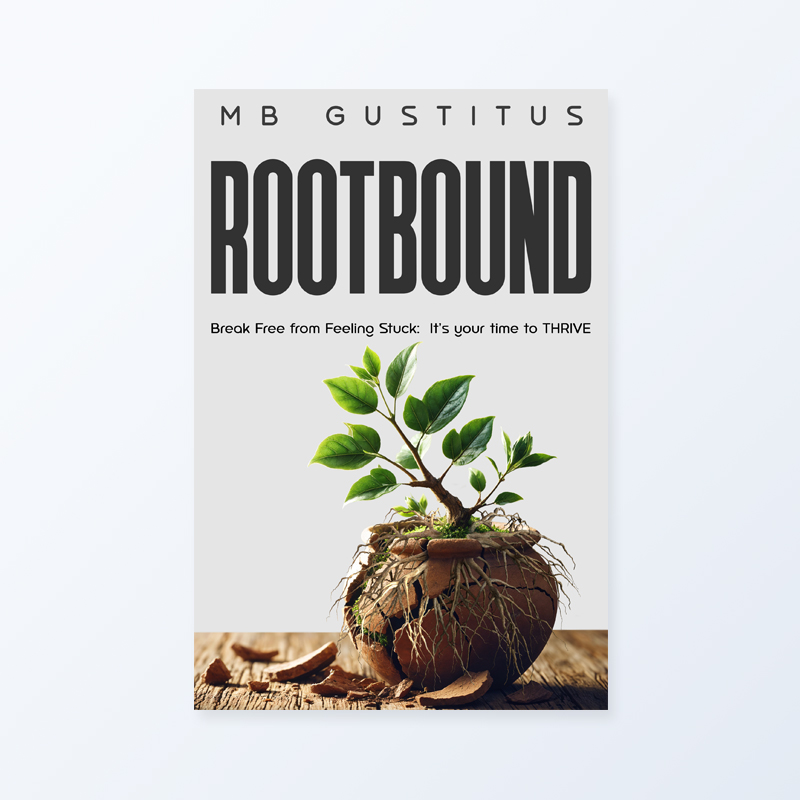Strategies for Effective Decision-Making: Insights from Executive Coaching
Effective decision-making serves as the compass guiding organizations through the ever-evolving maze of modern business. Picture it as the sturdy anchor that keeps the ship steady amidst turbulent waters, ensuring it stays on course towards success. In today’s fast-paced and unpredictable environment, where change lurks around every corner, mastering the art of decision-making is akin to wielding a powerful tool in the arsenal of leadership.
Understanding Effective Decision-Making
Effective decision-making is the process of identifying and evaluating alternatives to choose the best course of action in a given situation. It involves gathering relevant information, analyzing potential outcomes, considering risks and uncertainties, and ultimately making a choice that aligns with organizational goals and objectives. Several key components contribute to effective decision-making:
Strategic Thinking
A strategic mindset is indispensable in decision-making, requiring an exploration of long-term goals and implications. This approach entails considering the broader context and potential consequences of decisions and balancing short-term gains with long-term impacts.
Clarity of Purpose
Effective decision-making begins with a clear understanding of the desired outcome or objective. Leaders must define their goals and priorities, ensuring that decisions are aligned with the broader vision and mission of the organization.
Data-Driven Insights
Informed decisions are based on reliable data and evidence. Leaders must gather relevant information, analyze trends and patterns, and leverage insights to inform their decision-making process.
Risk Assessment
Every decision involves inherent risks and uncertainties. To navigate them effectively, it is essential to assess potential risks, anticipate challenges, and develop contingency plans to mitigate adverse outcomes.
Stakeholder Engagement
Decision-making is a collaborative process that involves engaging relevant stakeholders and considering their perspectives and concerns. Leaders must foster open communication and seek input from diverse stakeholders to ensure informed decision-making.
Insights from Executive Coaching
Executive coaching offers valuable insights and strategies to enhance decision-making effectiveness. Experienced coaches work closely with leaders to identify areas for improvement, develop critical thinking skills, and implement practical strategies for effective decision-making. Several key insights from executive coaching practices include:
Self-Awareness
Effective decision-making is like unlocking the secrets of a treasure chest hidden within oneself. Leaders embark on a journey of self-awareness, guided by executive coaches as their trusted companions. Together, they traverse the maze of strengths, weaknesses, and biases, revealing insights that empower individuals to make informed and objective decisions. It’s a transformative quest, where each revelation propels leaders closer to mastering the art of effective decision-making.
Emotional Intelligence
In the realm of decision-making, emotions hold significant sway. Executive coaches serve as adept guides, aiding leaders in mastering emotional intelligence. They explore emotional navigation, helping them steer through turbulent waters with finesse. Through coaching, leaders acquire tools to manage emotions consummately, ensuring decisions are made with clarity and composure.
Critical Thinking
In decision-making, executive coaching acts like a mental gym, shaping leaders’ critical thinking skills. Coaches push them to question assumptions, weigh evidence, and consider fresh perspectives. It’s a journey of discovery, where each coaching session unlocks new insights, leading to stronger decisions. With coaching, leaders develop the agility to traverse the complexities of decision-making with confidence and clarity.
Time Management
Time is precious in decision-making. Executive coaches act as expert timekeepers, guiding leaders to master time management. Consider them conductors, orchestrating tasks to maximize productivity. With their help, leaders prioritize effectively and streamline decision-making processes. It’s like composing a symphony of efficiency, where every decision strikes the right chord for success.
Decision-Making Models
Executive coaching introduces leaders to various decision-making models and frameworks, such as the rational decision-making model, intuitive decision-making, and consensus decision-making. Coaches help leaders understand the strengths and limitations of each approach and apply the most appropriate model based on the context and complexity of the decision.
Strategies for Effective Decision-Making
Drawing on insights from executive coaching practices, several key strategies can enhance decision-making effectiveness:
Define Clear Objectives
Clearly define the objectives and desired outcomes of the decision-making process, ensuring alignment with organizational goals and priorities.
Gather Relevant Information
Collect reliable data, insights, and perspectives to inform the decision-making process. Consider both qualitative and quantitative factors, and seek input from diverse sources to gain a comprehensive understanding of the situation.
Analyze Risks and Benefits
Evaluate the potential risks, uncertainties, and trade-offs associated with each decision. Consider the potential impact on stakeholders, resources, and long-term goals, and develop contingency plans to dwindle risks.
Consider Alternative Perspectives
Encourage open dialogue and consider alternative viewpoints and perspectives. Engage stakeholders, subject matter experts, and diverse team members to stimulate creativity and innovation in decision-making.
Evaluate and Iterate
Continuously evaluate the outcomes of decisions and learn from successes and failures. Adapt and refine decision-making processes based on feedback and insights, nurturing a culture of continuous improvement and learning.
Empowering Decision-Making: Insights from Executive Coaching with Mile1 Coaching
In conclusion, effective decision-making is a multifaceted process that requires a combination of skills and strategies. Through executive coaching, leaders are equipped with tools to enhance their decision-making capabilities. MB Gustitus Mile1 Coaching stands ready to provide support and guidance, just around the corner. As a valuable resource for individuals and organizations aiming to improve their decision-making skills and achieve success, Mile1 Coaching offers personalized assistance tailored to each client’s needs. By leveraging the insights provided by coaching, leaders can navigate the complexities of decision-making with confidence and clarity, ultimately driving organizational growth and personal development.





